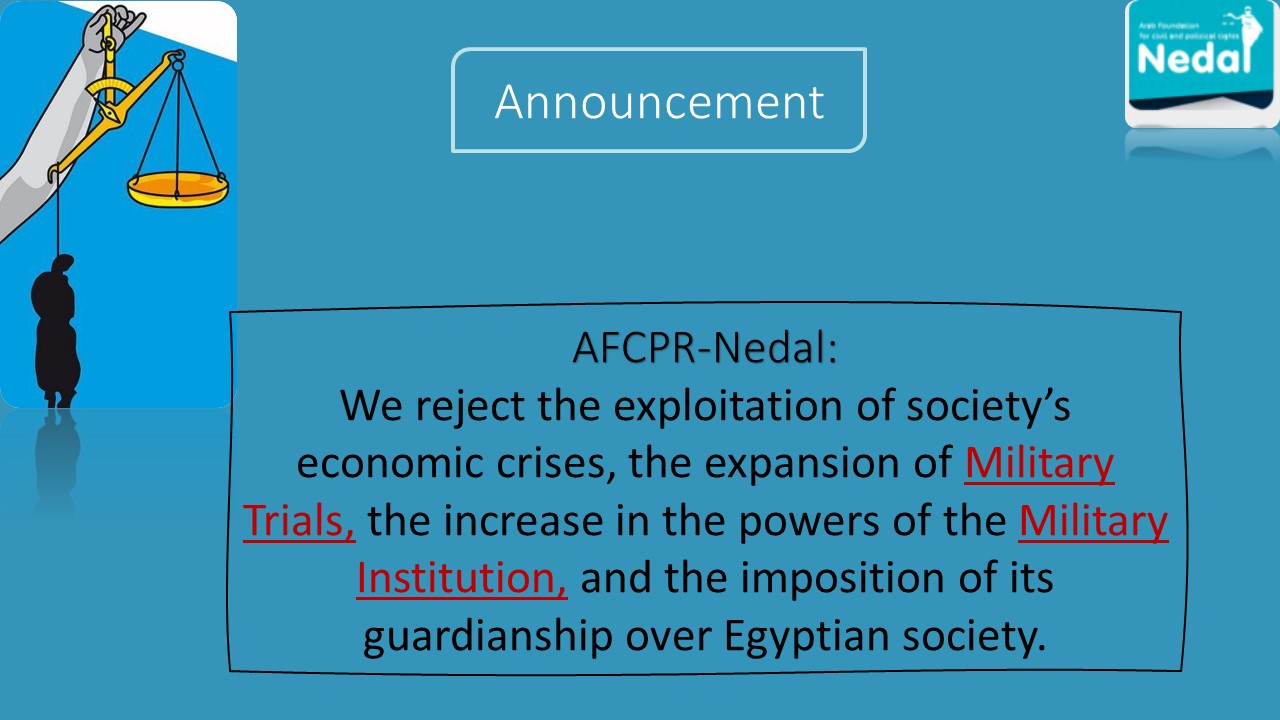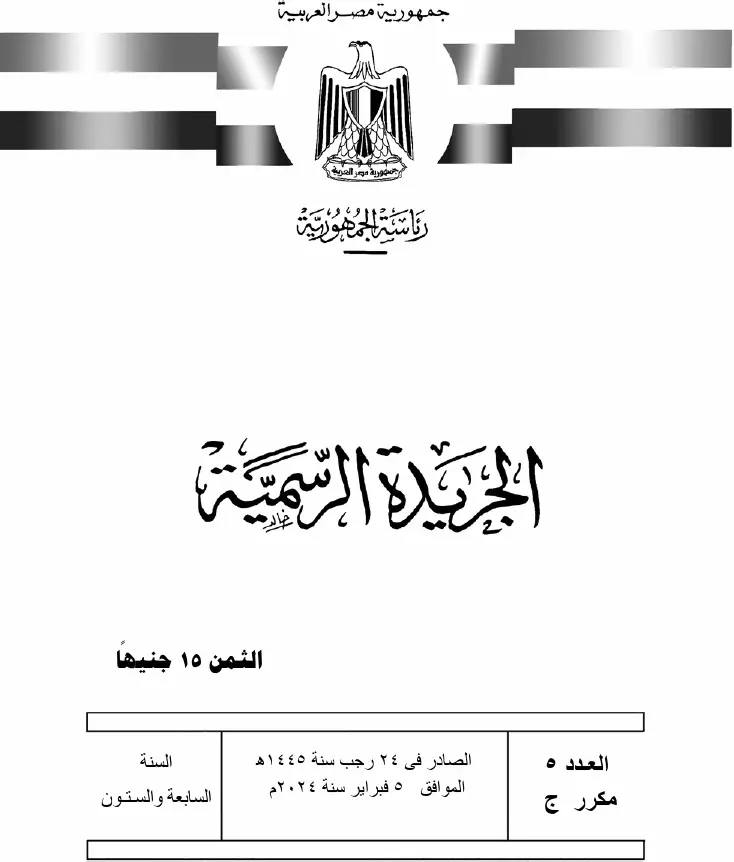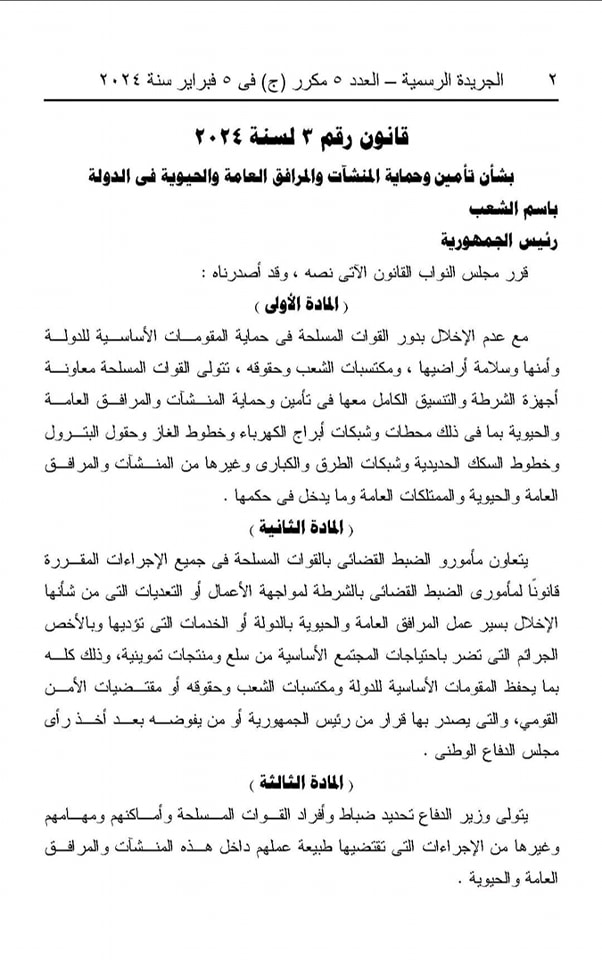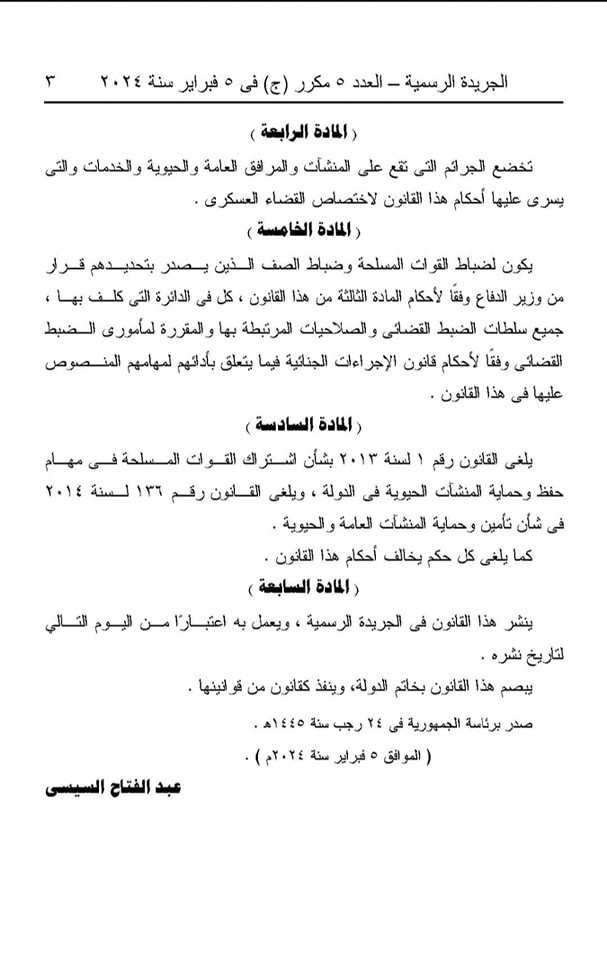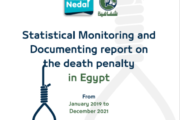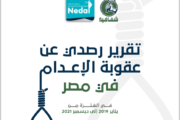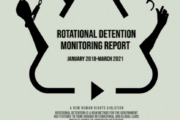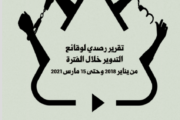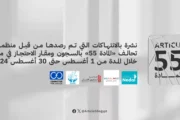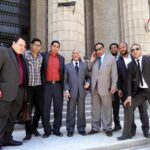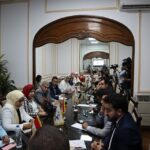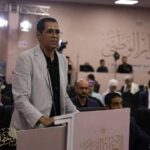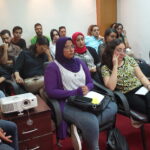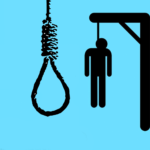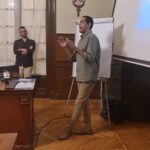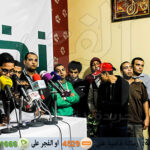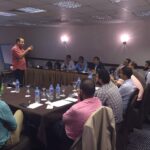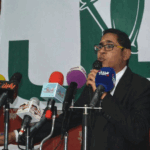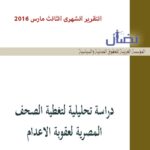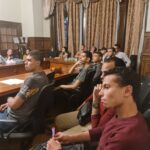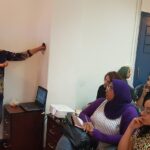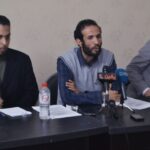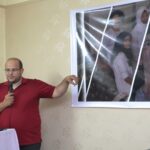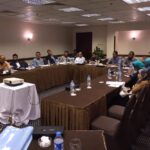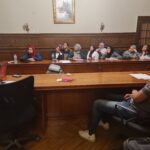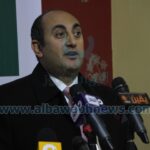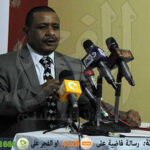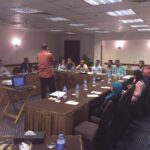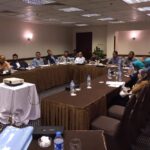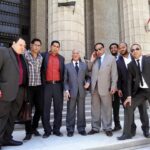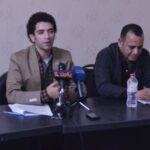The Arab Foundation for Civil and Political Rights-Nedal announces its rejection of Law No. 3 of 2024 regarding securing and protecting public and vital establishments and facilities in the state٣ لسنة ٢٠٢٤, which was issued by the President of the Republic on February 5 after its issuance by the Egyptian Parliament.,
The Foundation condemns the Egyptian Parliament’s apostasy against the Constitution and aggression against human rights. Instead of the Egyptian Parliament being a guarantor of the people’s rights and a watchdog over the executive authority, it has turned into a weapon in the hands of the regime that it aims at the people, neglecting all the human rights standards and rules stipulated in the Egyptian Constitution as well as Egypt’s international obligations related to the protection of human rights.
The Egyptian regime took advantage of the international and Egyptian community’s preoccupation with the regional conflicts going on around us, in addition to the Egyptian society’s preoccupation with the crushing economic crisis caused by the regime as a result of its economic policies, the absence of the role of supervisory institutions in Egypt, and the leadership of the country with a one-man policy, and it issued a law that represents an explicit aggression against human rights and a major expansion. In the use of “exceptional courts” in military trials for civilians
Law No. 1 of 2013 was previously issued, which granted the armed forces judicial control and assigned them to assist the police in maintaining security and protecting vital installations in the state1 لسنة 2013 until the end of the legislative elections (2013 parliamentary elections), and whenever the President of the Republic requested it to do so. We considered this law to represent aggression. It was explicit about human rights and imposed guardianship on society, but the regime at the time justified that there was a necessity for issuing this law, citing the events that the country was witnessing at the time.
And now with all the crushing economic crisis that the Egyptian citizens are going through and after 10 years since that unjust law was issued; the Egyptian regime has not seen a means for economic reform except through the use of the logic of force and oppression, wasting human rights, imposing the guardianship of the military institution over society, and threatening the Egyptian citizens with military trials.
The regime took advantage of the crisis by transforming the situation created by Law 1 of 2013, which was temporary by holding the 2013 elections or in the event of a request by the President of the Republic, into a permanent and continuous situation.
Parliament expanded the scope of the powers of the armed forces and added, the following citation to the articles of the law:
“And public and vital facilities, including stations, electricity tower networks, gas lines, oil fields, railway lines, road networks, bridges, and other public and vital facilities and facilities, public property, and the like.”
We see that the legislator has exaggeratedly expanded the number of public and vital facilities, but at the same time it did not set a clear definition of what vital facilities are and what a public facility is, and the ambiguity increased by adding the word and the like to give the state a wider scope in applying the law as it wants, whenever it wants.
The text of Article 2 of the law came in the context of granting the Armed Forces judicial control power,
“Especially crimes that harm society’s basic needs of goods and food products.”
This is considered a clear exploitation of the suffering of the Egyptian people because of the economic crisis and the imposition of clear guardianship of the Armed Forces, which must not exceed its constitutional role in securing the country’s borders at a time when it faces great dangers on all its borders, whether southern in Sudan, eastern Rafah, or western in Libya, and all of that is left to the cooperation of the Interior in liberating food supply issues.
At a time when we seek and demand the abolition of military trials for civilians, the flawed law, in its fourth article, gives judicial jurisdictions for all crimes contained in this law to the military judiciary, which is incomprehensible.
If the reason for this legislation is to eliminate those who manipulate food supplies and quickly arrest them, then what is the reason for trying them before exceptional courts; at a time when the ordinary judiciary does not face any real dangers that prevent or hinder it from exercising its role, the reason for the legislation (according to the regime’s narrative) is the speed of arresting them, not the speed of trying them, as that will not benefit anything.
The Foundation calls on the Egyptian Parliament to quickly rectify and amend the law and play its role in protecting and preserving the Egyptian Constitution, which stipulates:
Article 200
“The armed forces belong to the people, and their mission is to protect the country, preserve its security and territorial integrity, preserve the constitution and democracy, and preserve the basic components of the state, its civility, the people’s gains, and the rights and freedoms of individuals.”
Article 97
“Litigation is a right protected and guaranteed to all. The state is committed to bringing the litigation parties closer together and works to speed up the adjudication of cases. It is prohibited to protect any administrative action or decision from judicial oversight. A person may only be tried before his natural judge, and exceptional courts are prohibited.”english announcement law 3 year 2024


